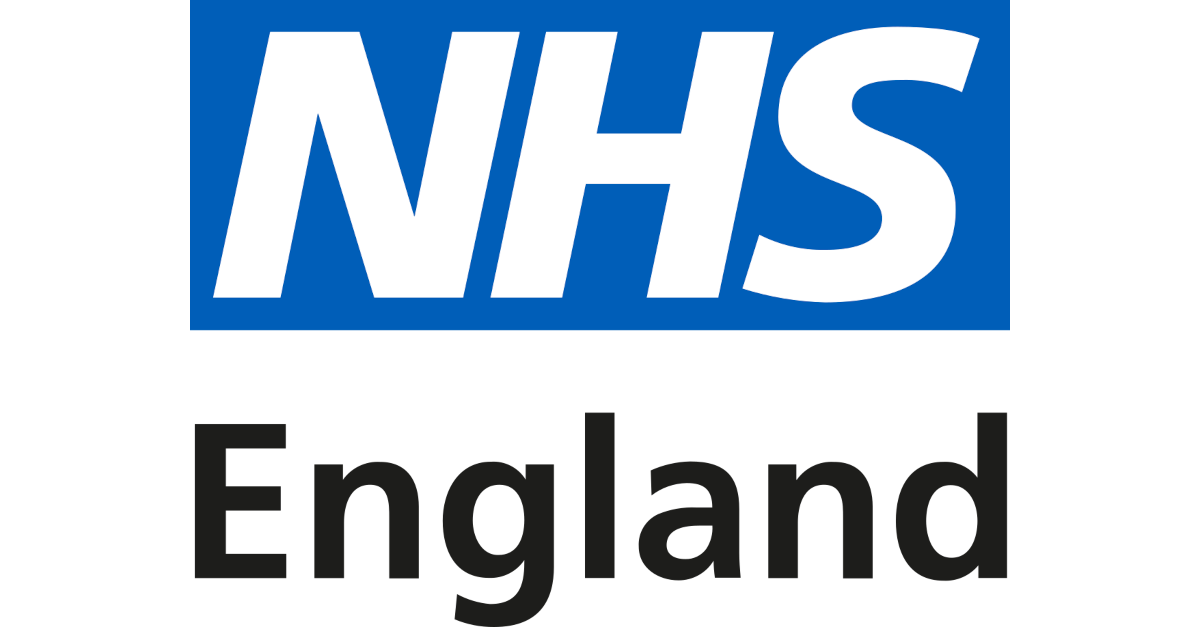Lady Hallett Shouldn’t Hold Her Breath, says Health Campaign Group
November 21, 2025
The leaders of the COVID Airborne Transmission Alliance (CATA) are advising Baroness Hallett not to hold her breath while waiting for implementation of recommendations in the long-awaited Module 2 report of the long-running COVID-19 Inquiry. The group, formed to represent tens of thousands of healthcare professional and employee bodies, was a core participant for Module 3. It continues to highlight the UK’s failure to protect healthcare workers from life-changing respiratory diseases.
“The country has invested millions of pounds into the Inquiry and a huge amount of faith into the process to help us learn lessons. COVID-19 has caused over 250,000 deaths and scientists’ understanding of the wide variety of long-term health consequences is advancing rapidly. There is a realisation that the burden of Long-COVID on the nation’s healthcare systems will be far greater than was realised in the early days of the pandemic.” says Ms Kamini Gadhok MBE, Vice-Chair of CATA.
CATA’s Executive Team point out that the Government’s response to the previous recommendations of the Inquiry about pandemic preparedness have faltered.
“The Government outlined an ambitious strategy and launched a plethora of documents and initiatives. However, it has been short on delivery. There is no monitoring or real plan to control any airborne diseases in healthcare settings and it’s costing the UK taxpayer billions and making hospitals the best place to go to catch COVID‑19, or flu, or potentially even TB, Scarlet Fever or Measles” says safety expert, David Osborn. Osborn’s relentless pursuit of concealed documents through Freedom of Information requests continues to reveal the extent to which scientific advice has been buried, ignored and appear to have been concealed from the Inquiry. The information being discovered will be forwarded to the Inquiry’s Legal Team.
The Alliance leadership cite the independent review of the UK’s Biological Safety Strategy by the Centre for Long-Term Resilience. The review directly referenced Lady Hallett, who stated biological surveillance was“best defence” against future pandemics. However, they stated that UKHSA had failed to achieve deliverables, has underspent, has created or encountered complex bureaucracy and delays.
“It is not surprising that UKHSA has failed its examination on pandemic planning, given the designated lead officer role for pandemics, the Director General for Strategy, Policy and Programmes appears to have been vacant for most of the year,”,” says Dr Barry Jones, Chair of the Alliance. “The absence of progress in this area might be expected under the leadership of the new chief of UKHSA, Professor Susan Hopkins. She was one of the lead advisers during the COVID-19 pandemic, during which the UK had the second largest death toll for healthcare workers in the developed world.”
The Module 2 report highlights that there was emerging evidence early on in the Pandemic that Covid-19 was airborne but that it took time for the Government to introduce campaign messages to the public alerting them to the importance of ventilation.
This was combined with a lack of consistency in applying this knowledge to guidance for the NHS workforce. As Module 2 is about Core decision-making and political governance, the importance of this cannot be underestimated as the inconsistency continues.
“If Lady Hallett is hoping for decisive and informed leadership from the Government, she is likely to be disappointed. In correspondence with CATA, the Minister responsible, Ashley Dalton seems utterly confused about the science and law published by public bodies, This is despite clear obligations set out by the WHO on the control of the virus and signing the WHO Pandemic Accord,” says Professor Kevin Bampton, CEO of the British Occupational Hygiene Society. The British Occupational Hygiene Society (BOHS), a leading scientific charity, recently published guidance on personal protective equipment to control the spread of respiratory pathogens, including COVID-19, following confused statements from NHS bodies and UKHSA on the difference between face masks and filtering respirators.
COSHH-and-Healthcare-Respiratory-Protection.pdf
Professor Bampton continues, “In addition, despite the response made to the Module 1 recommendations, DHSC’s Pandemic Preparedness Strategy is overdue for publication. Neither is there further progress towards a DHSC UK-wide Pandemic Respiratory Disease Response Plan. The Government has explained that this delay is pending the outcome of this Summer’s pandemic planning exercise, Exercise Pegasus.”
The Alliance point out that Exercise Pegasus, which took place during a peak holiday period and largely involved senior leaders, fails to meet the recommendations of the Centre for Long-Term Resilience review.
“Exercise Pegasus is welcome and hopefully it will inform practice, unlike previous exercises before the pandemic. However, what has been delivered is a poor relation to a similar exercise run in the Netherlands,” says Dr Barry Jones, Chair of CATA, who gave powerful evidence to the Inquiry in Module 3. “Not all the key stakeholders (including Inquiry-appointed IPC experts) were invited to participate or observe. This is an area where the country needs openness and transparency, which was in such short supply when it was needed during the height of the pandemic. The lack of such involvement renders the exercise not fit for purpose.
The Alliance highlights that, rather than focusing on safer, well-ventilated workplaces, the Government relies on expensive and unsustainable vaccine provision. They explain that although vaccines can significantly reduce impacts of disease, they do not prevent healthcare workers from being infectious and therefore are not effective in preventing vulnerable patients from catching diseases.
The Alliance expresses concerns that the continuing absence of any real change to creating resilience in the UK against airborne pandemic pathogens leaves us more, rather than less vulnerable, as healthcare professionals no longer trust their employers to protect them or their patients against harm.










